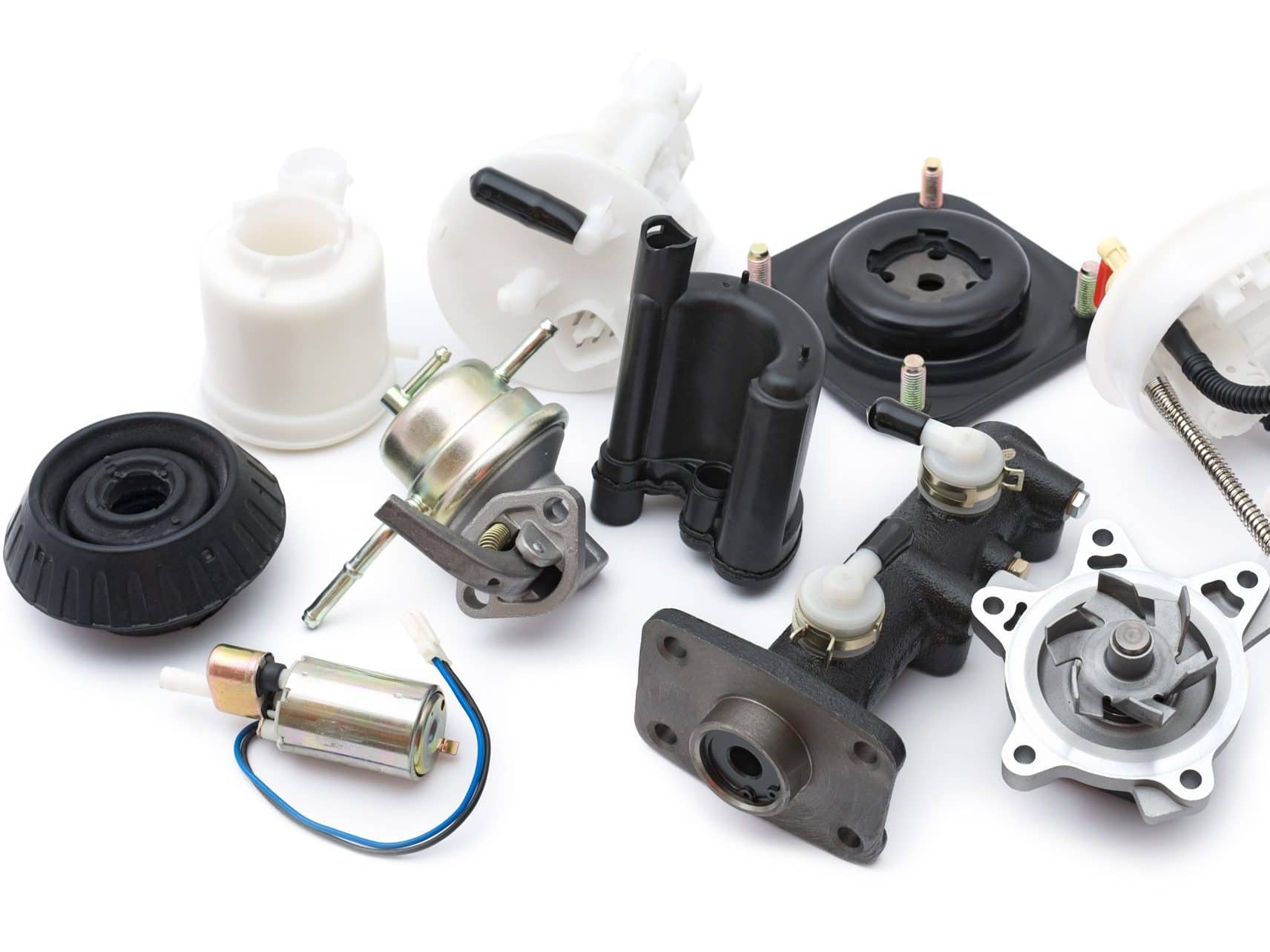
How Plastic Has Changed the Medical Industry for the Better
The medical industry is constantly changing to provide better treatments to patients while increasing efficiencies. Because of their numerous advantages, plastics have helped make the industry safer, more affordable, and innovative. In many ways, plastic devices and components have revolutionized the medical industry. If you’re thinking about integrating plastics into your medical manufacturing applications, here are some ways it can improve your products.
Benefits of plastics in the medical industry
The various properties of industrial plastics, like corrosion resistance, reduced weight compared to metal, being shatterproof, and its hypoallergenic nature, offer healthcare providers multiple ways to improve patient experience.
Maintain a sterile environment – Plastics are used to produce a wide variety of single use surgical gloves, syringes, insulin pens, IV tubes, catheters, and more. Disposable plastic medical devices eliminate the need for sterilization and reduce the chance of contamination and the spread of dangerous diseases. In addition to single use devices, high tech polymers and antimicrobial plastics also reduce the risk of infection by repelling or killing bacteria and other microorganisms they come into contact with.
Improved patient experience – Plastic medical devices, such as prosthetics, provide increased comfort for patients as well as greater flexibility in manufacturing, allowing devices that are customized to specific patients and their needs. Additionally, many people are allergic to various types of metals, and plastics provide an alternative sterile, hypoallergenic solution.
Corrosion resistance – Plastics are naturally resistant to wide range of organic material, chemicals, and hazardous liquids, as opposed to many metals that require additional coatings or treatment to resist corrosion. As a result, using plastics reduces the manufacturing costs of many medical devices.
Design flexibility – The medical industry often requires highly complex and precise product designs. Whereas metal components need long, costly development periods, plastic injection molding and 3D printing can create precise, turnkey solutions quickly that fit nearly any specifications.
Are plastic surgical devices bad for the environment?
In the wake of the COVID-19 pandemic, single use plastic surgical devices have been criticized for adding waste to landfills. However, it’s important to remember the enormous positive impact that plastics have had on the medical industry in terms of sterility, safety, and patient experience. The reuse of metal, glass, and porcelain devices leads to a higher chance of disease transmission and breakage due to improper sterilization methods and fragility.
Plastics, on the other hand, provide numerous advantages, are highly cost effective, and can be recycled, allowing healthcare facilities to meet their patient and environmental requirements. PVC plastic, for example, is the most widely used plastic in the medical industry and is already being recycled safely and effectively in hospitals all over the world.
Plastics are quickly replacing metal for a wide range of devices and components in the healthcare industry. They are helping facilities provide better care, maintain safety, and reduce costs.